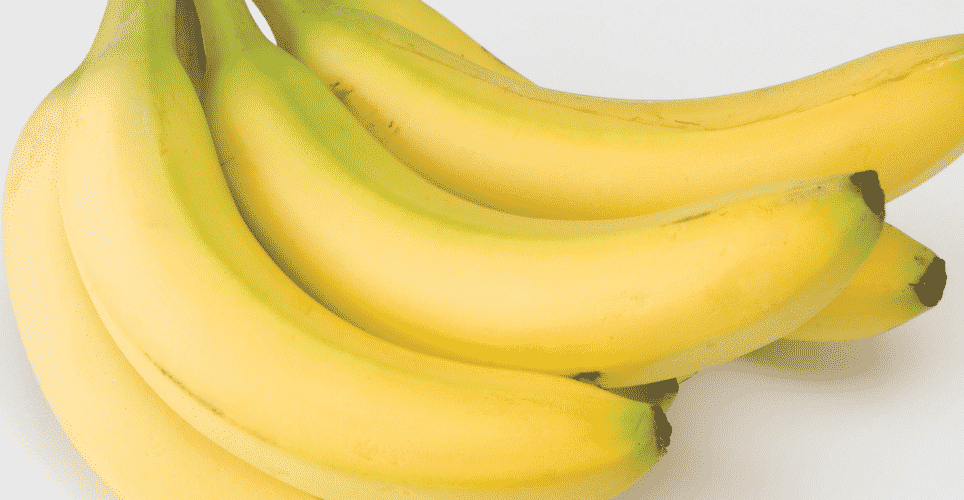Known for their sweet and creamy texture, bananas are the second most consumed fruit after the apple and are the largest herbaceous flowering plants. Due to their high demand, bananas are cultivated in the Tropics and imported year around. Many athletes appreciate their high potassium content as well as their easy portability. Each has their own protective jacket which make them one of the fruits with the least pesticide contamination.
Disease/Ailments:
Coronary Disease
Intestinal disorders
Diabetes
Diarrhea
Celiac Disease
Arteriosclerosis
Stomach ulcers
Health benefits:
Digestive: The insoluble and soluble fiber in bananas help in normalizing movement in the digestive tract.
Electrolyte regulation: Bananas help replenish the potassium stores that may be lost due to diarrhea. The potassium also aids in regulating electrolyte levels when excess sodium is consumed.
Neutralization of the stomach: Bananas have antacid effects that protect against stomach ulcers and treat ulcer damage.
Coronary: Bananas are ideal for those suffering from coronary disease or circulatory system disorders. Their high potassium levels and low sodium levels prevents hypertension, arrhythmia, and stroke. The B group vitamins are necessary for proper heart muscle function. In addition, magnesium inhibits the progress of arteriosclerosis and prevents heart attacks.
Good source of:
Potassium, B6, C, magnesium
Purchasing, storing, and enjoying:
Purchasing: Bananas can be purchased in many different levels of ripeness. Most of the time, grocery stores will sell bananas that are still green and need to be ripen. This will take 2-3 days.
Storing: Store bananas at room temperature. To speeden the ripening process, place bananas in a paper bag with other fruits such as apples.
Enjoying:
- Add sliced bananas to cereal, oatmeal or peanut butter toast.
- Instead of ice cream, try pureeing frozen bananas for banana soft serve! It’s a hundred times healthier and just as tasty.
- Bananas lose most of their vitamins when cooked but still keep the sugars and minerals. Bananas are used many times in baking as a sweetening agent or to replace oil.
Resources & recipes:
Banana Bread:
http://thebakingbird.blogspot.com/2009/02/best-vegan-banana-bread.html
Banana cream chia pudding: http://tasty-yummies.com/2012/02/09/banana-cream-chia-pudding-gluten-free-vegan-sugar-free/
References:
Picq, Claudine & INIBAP, eds. (2000). Bananas (English ed.). Montpellier: International Network for the Improvement of Banana and Plantains/International Plant Genetic Resources Institute. ISBN 978-2-910810-37-5. Retrieved 2013-01-31.
http://www.whfoods.com/genpage.php?tname=foodspice&dbid=7
Horigome T.; Sakaguchi T.; Kishimoto C. Hypocholeserolaemic effects of banana pulp in the rat fed on a cholesterol-containing diet. British Journal of Nutrition, 68: 231-244 (1992).
Krischna G.C. Role of potassium in the pathogenesis of hypertension. American Journal of Clinical Science, 307: S21-S25 (1994)
Gillman M. W. et al. Protective effect of fruits and vegetables on development of stroke in men. JAMA, 273: 1113-117 (1995).

